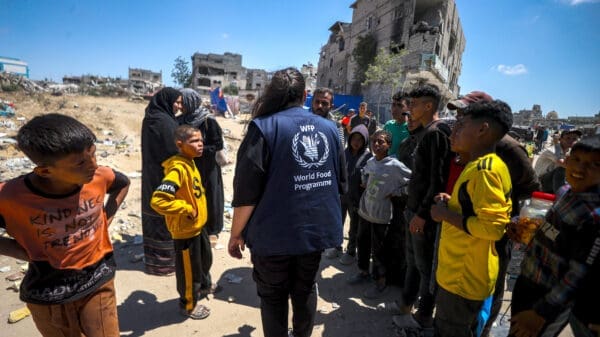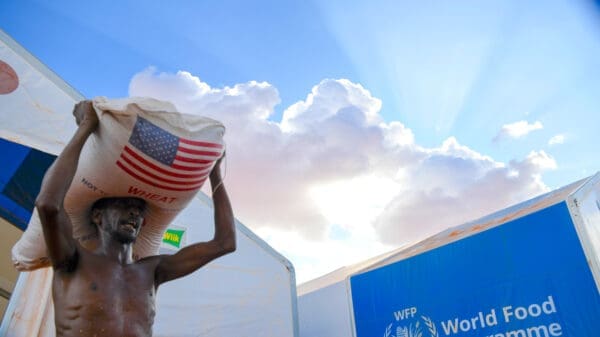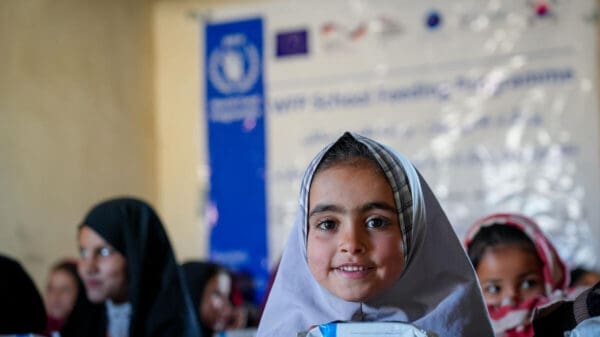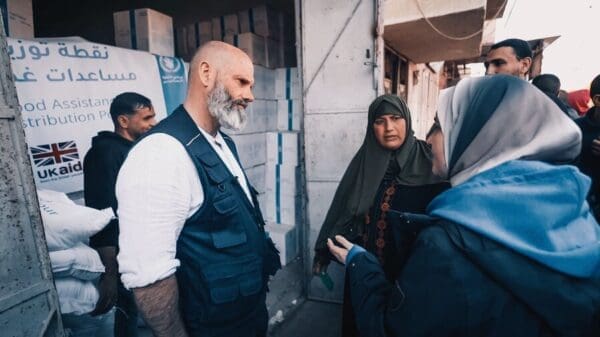From Farm to Table: Six Ways the Land of the Thunder Dragon Is Building Better Food Systems
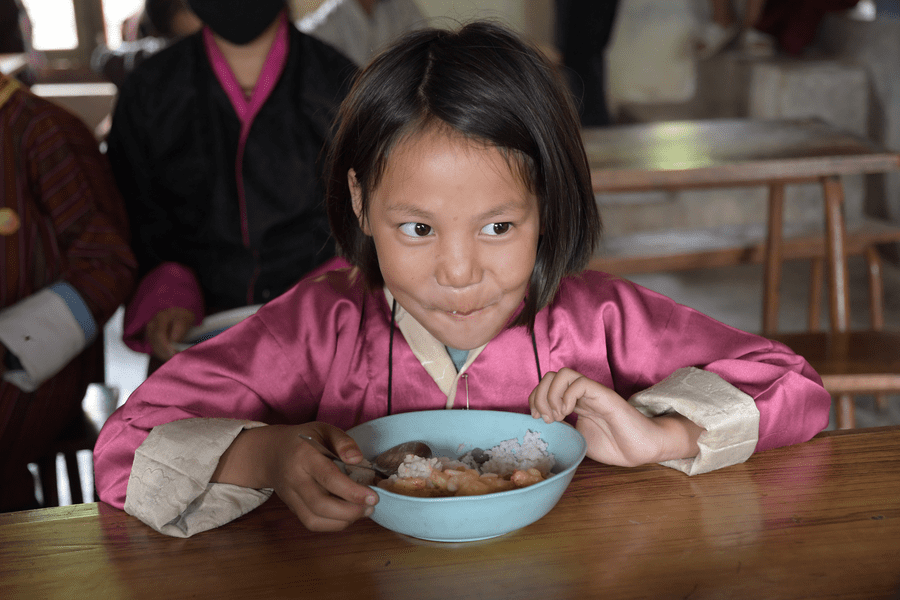
Food is more than the meals we eat each day. From a farmer’s fields to our dinner table, the journey food takes touches every aspect of our lives. Ahead of the UN Food Systems Summit tomorrow, learn how the United Nations World Food Programme (WFP) is working to build more sustainable, inclusive food systems in Bhutan.
Bhutan, also called the “Land of the Thunder Dragon” for its wild thunderstorms, is a land of contradictions. Although over 60 percent of Bhutan’s population works in agriculture, only 2.6 percent of the tiny Himalayan nation’s land is farmable and more frequent weather extremes have layered on the challenges for farmers.
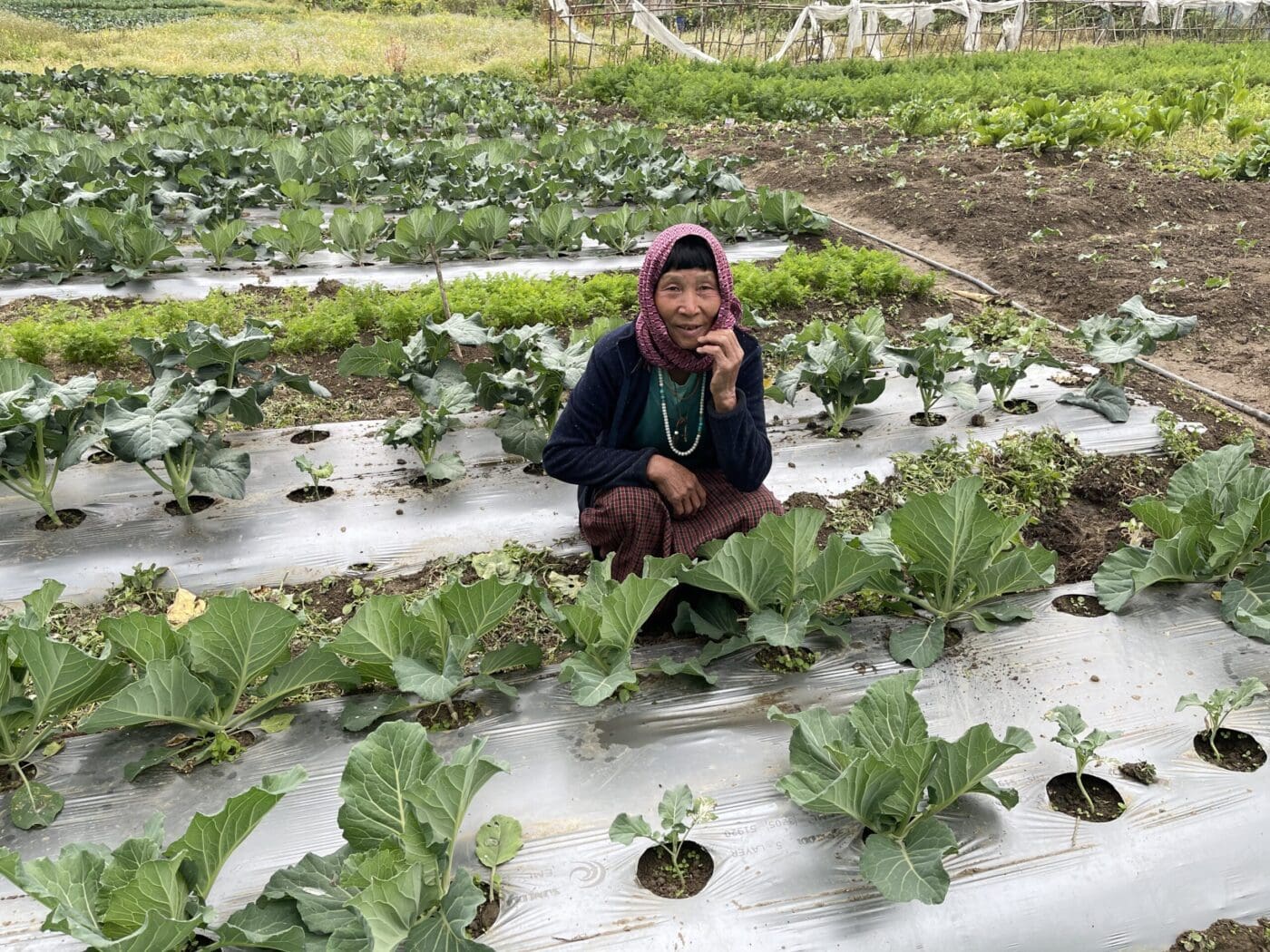
To overcome systemic problems in Bhutan’s food systems, the United Nations World Food Programme (WFP) is investing $7 million to support the Royal Government of Bhutan in improving climate-resilient agriculture.
Read on for the six approaches being taken to improve Bhutan’s food systems:
1) Increase Demand for Locally Grown Produce
Increasing demand begins by encouraging the use of local produce in schools and businesses via community outreach, as well as through innovations like the PLUS School Menu: a digital tool created by the United Nations World Food Programme (WFP) Innovation team that uses online databases to craft a virtual “menu” of meals that meet nutritional requirements at a low cost while using locally-sourced foods.

The PLUS School Menu was piloted in Punakha, Bhutan where it increased the amount of food produced by small-scale farmers by 70 percent.
2) Boost Production for Small-Scale Farmers
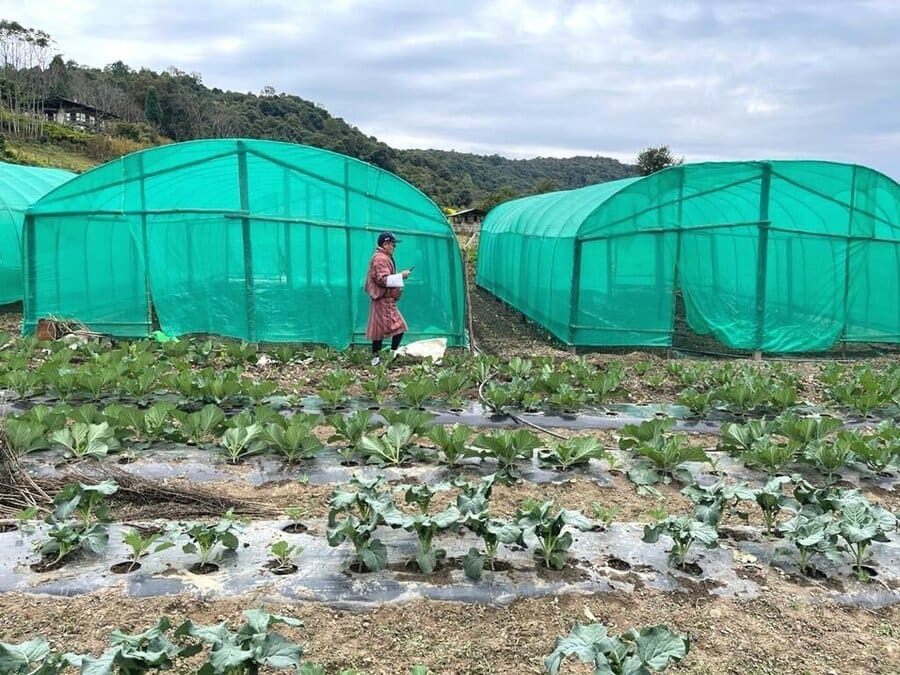
In the face of COVID-19 border closures and lockdowns, small-scale farmers struggled to maintain their food production levels.
In response to COVID-19, the Government of Bhutan introduced a Contingency Plan through which farmers, with the support of the U.N. World Food Programme, were given hybrid vegetable seeds, agricultural tools and training. The seeds doubled farmers’ crop yields while the specialized tools and equipment reduced the physical labor demands on farmers.
3) Improve Post-Harvest Management
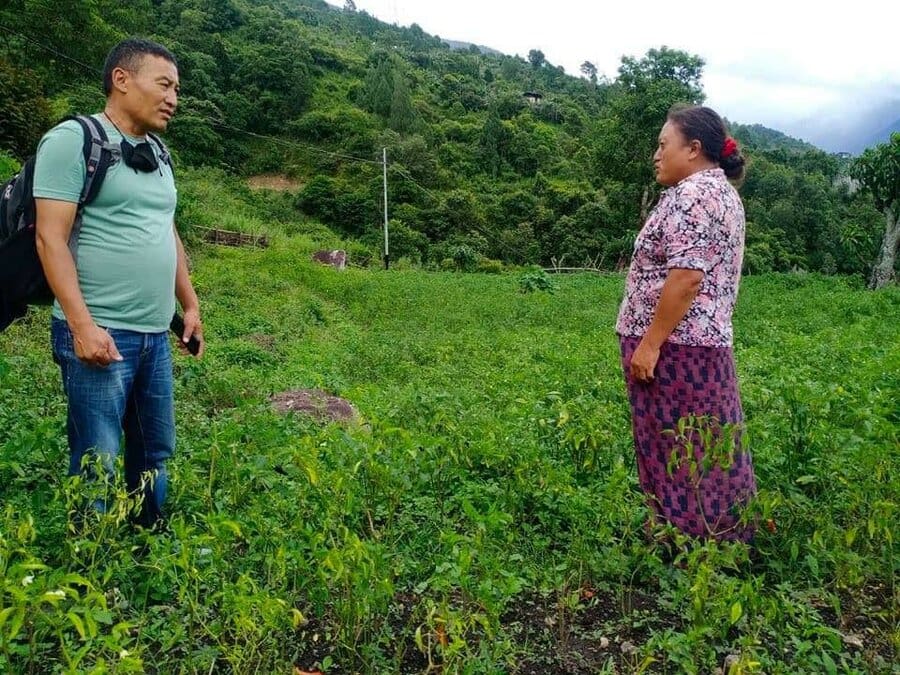
Post-harvest management is a crucial area for improvement, as it helps reduce the amount of produce lost during transportation, sorting and storage.
COVID-19 lockdowns hurt the preservation and transportation of food in Bhutan, causing a shortage of fresh local produce. To support farmers, the U.N. World Food Programme and Government of Bhutan provided post-harvest equipment, training and consultations to cut down on food losses.
4) Increase Climate Resilience
U.N. World Food Programme staff are traveling across rural Bhutan to better understand the unique challenges farmers are facing and provide a range of “climate-smart” agricultural tools including:
- greenhouses
- mulching
- water harvesting
- a mix of open-pollinated seeds and hybrids
5) Remove Gender Barriers
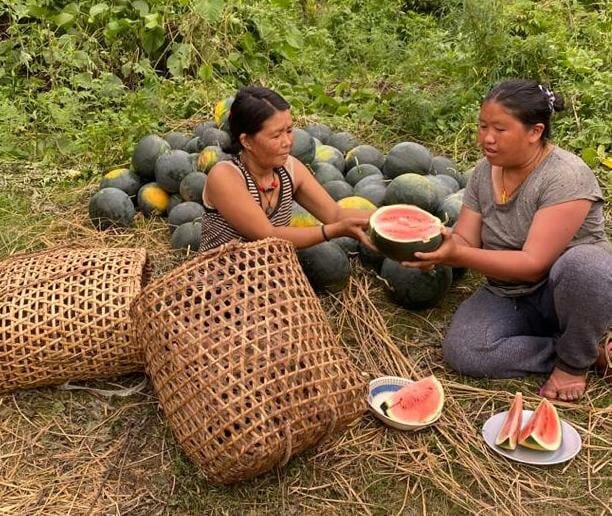
86 percent of rural women are employed in agriculture in Bhutan.
To empower female farmers to overcome gender-based barriers in agriculture, the U.N. World Food Programme provides training in leadership, business management and technical food production skills. This gender-sensitive approach is critical as problems in food systems tend to affect women more, due to their exclusion from decision-making and limited access to resources.
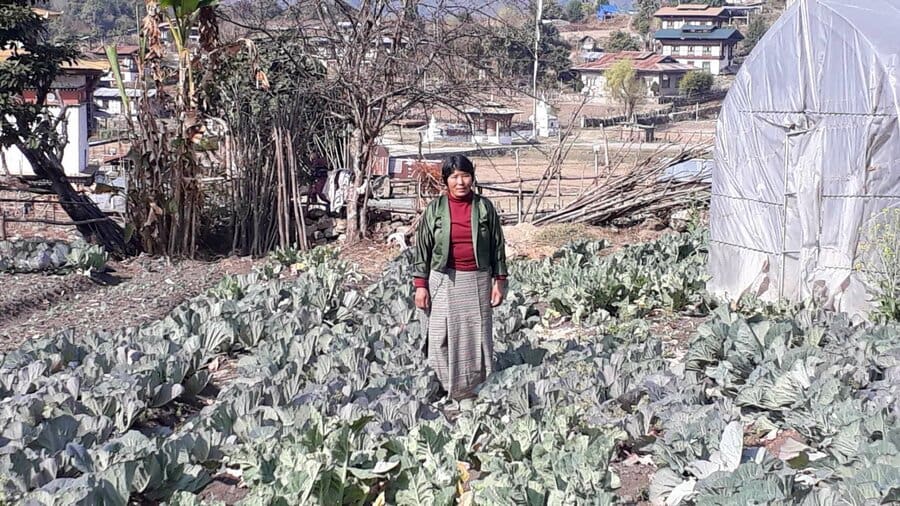
“What matters the most is that I can look after my family members’ welfare while having no worries about what to eat for dinner tonight,” said Aum Kinzangmo, a small-scale farmer who benefited from the U.N. World Food Programme’s agricultural training.
6) Educate on Nutrition
In Bhutan, 40 percent of students drink carbonated soft drinks and 32 percent eat fast food four days a week. To help rural populations eat healthier, the U.N. World Food Programme has partnered with the Tarayana Foundation to launch a nutritional advocacy campaign in four districts of Bhutan. The campaign aims to instill positive dietary behaviors and improve families’ cooking and storage practices.
Farmers, schools, the U.N. World Food Programme and Bhutan’s Government are working to strengthen food systems and make healthy diets accessible, affordable and inclusive. Together, we can change the how the world treats food – from farm to table.
This story originally appeared on WFP’s Stories and was written by Kinita Shenoy.
